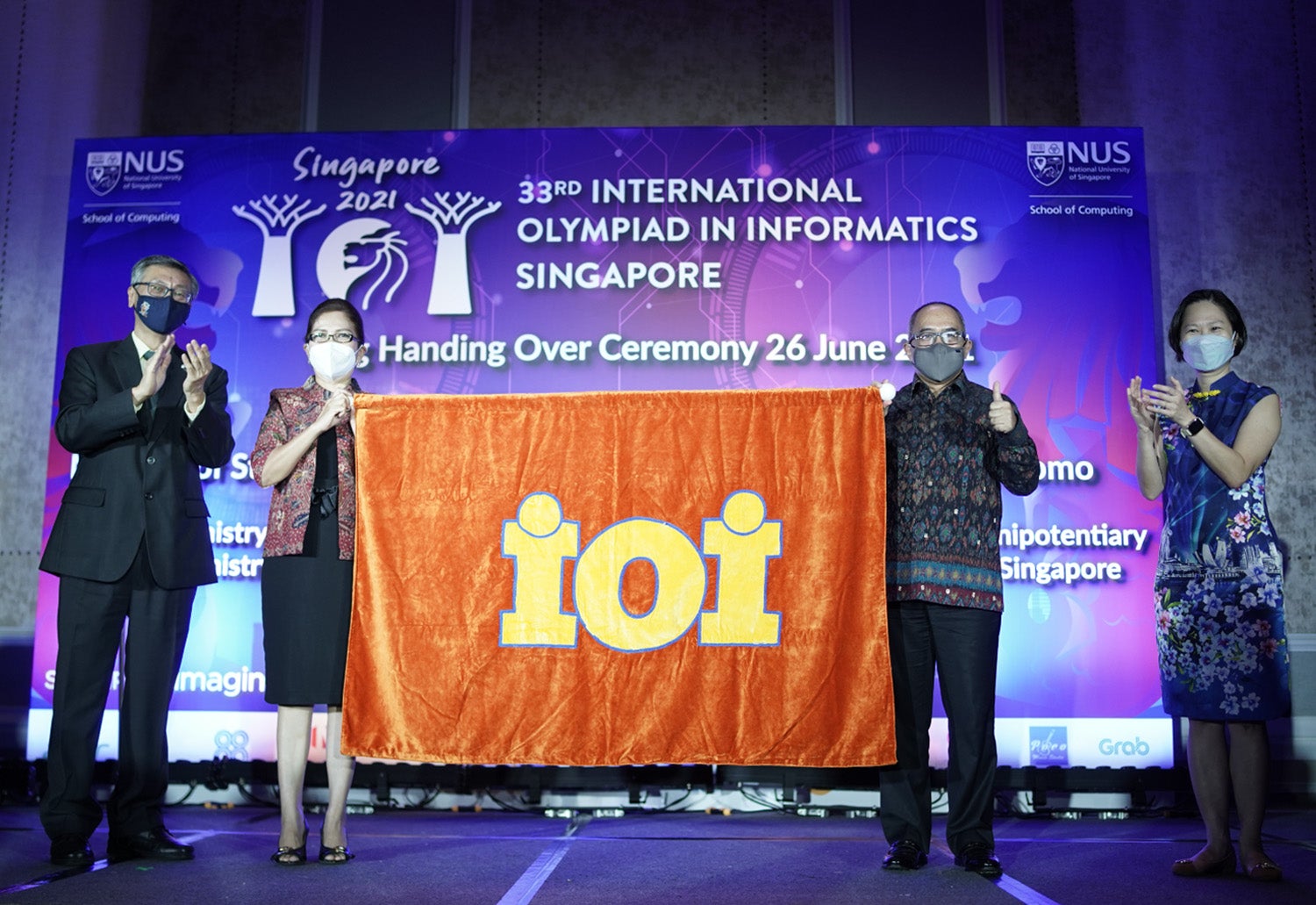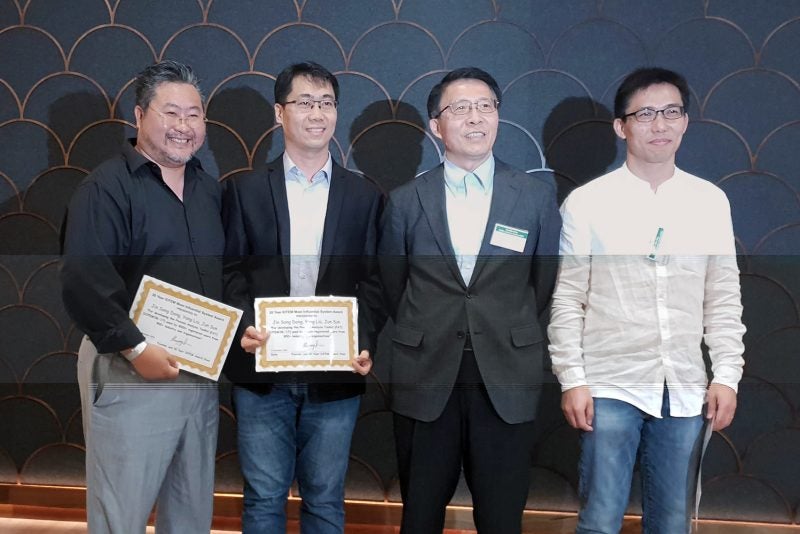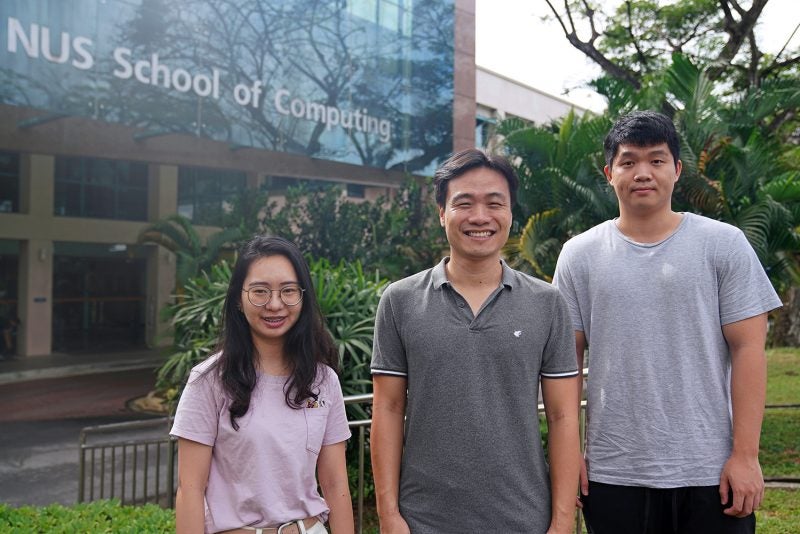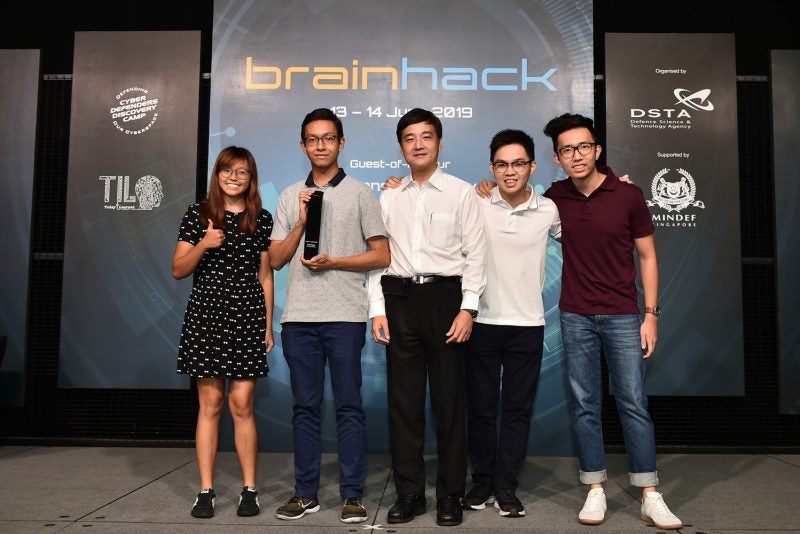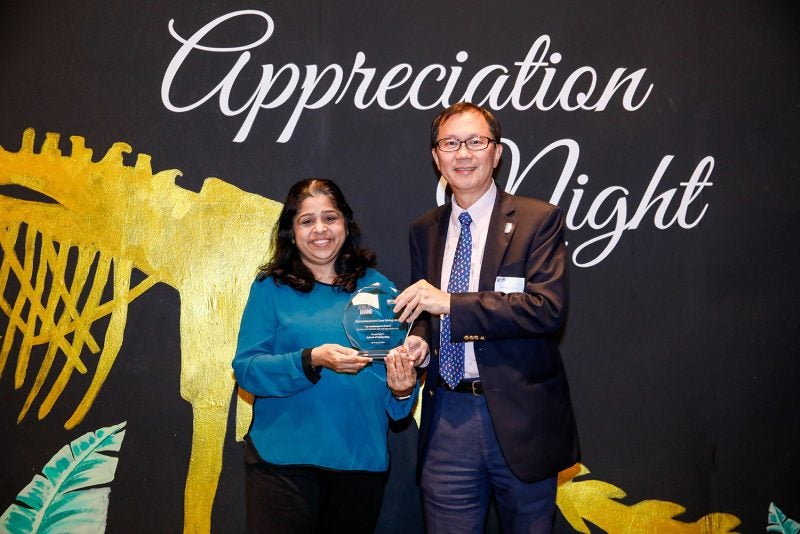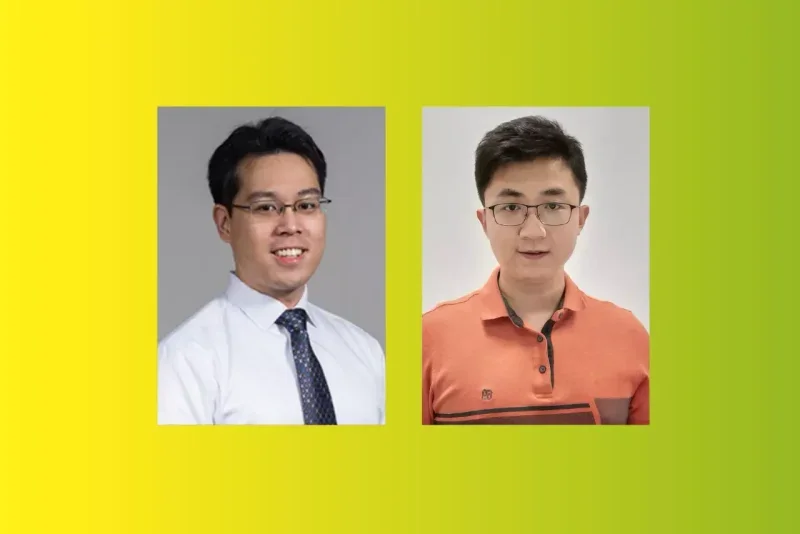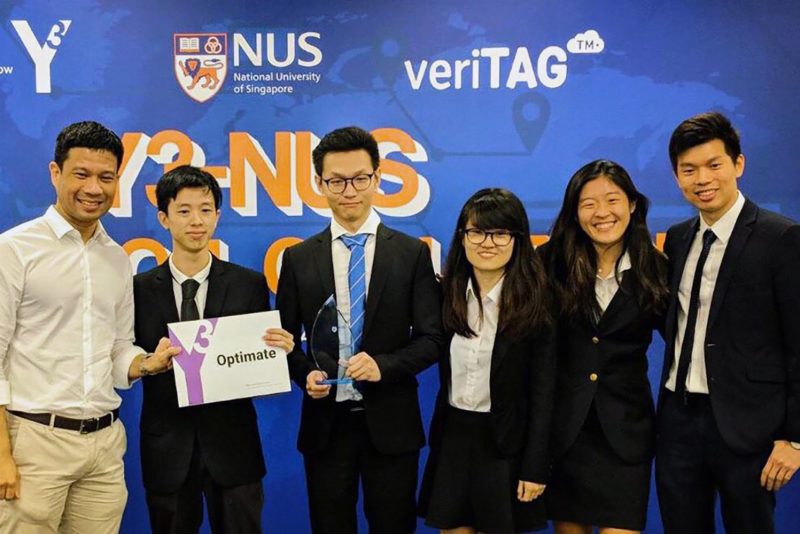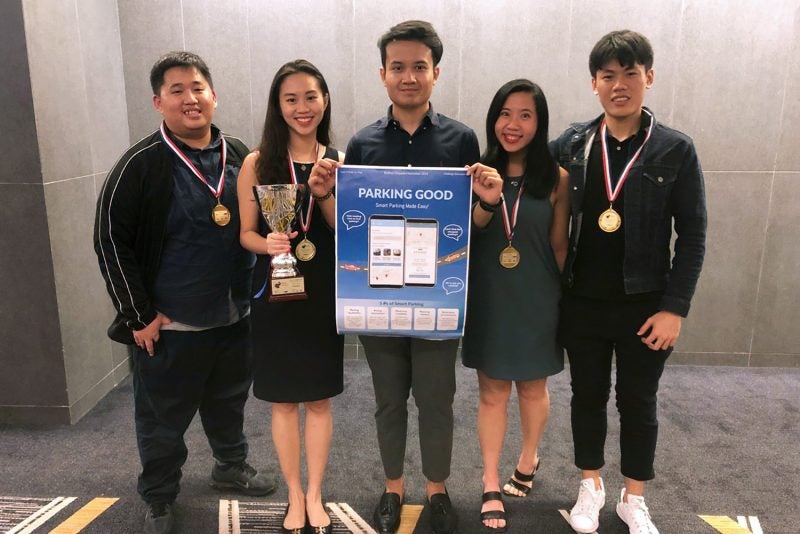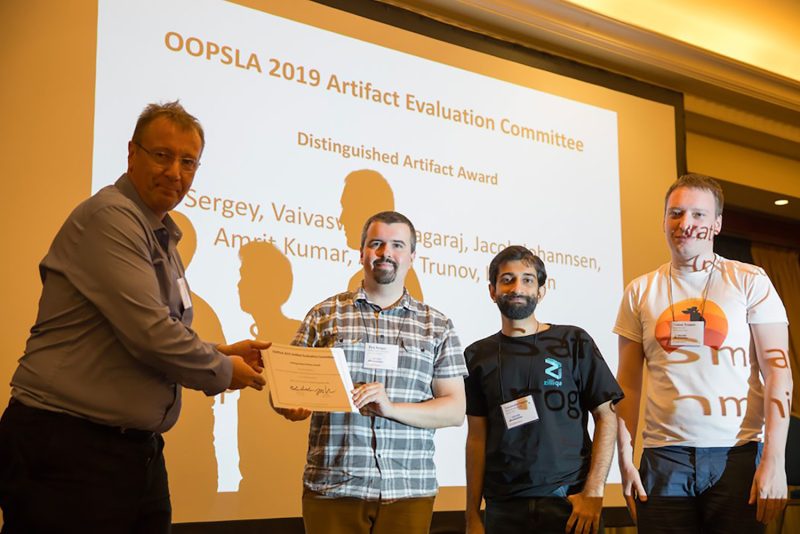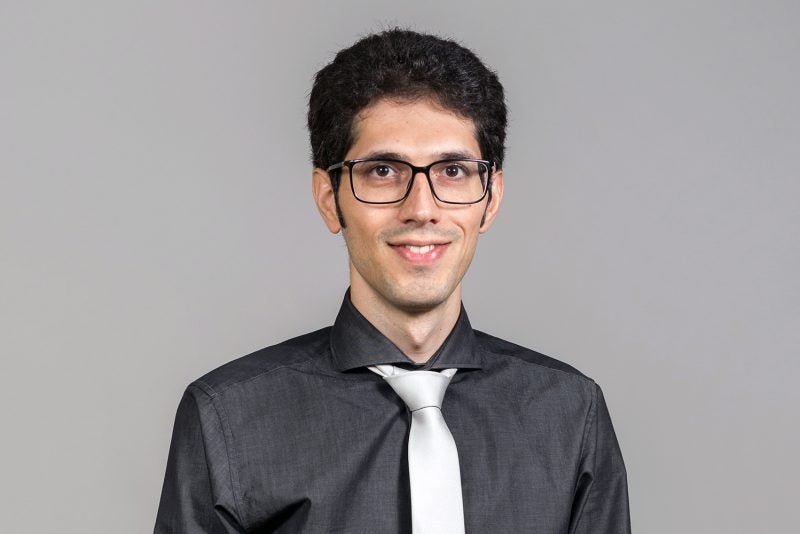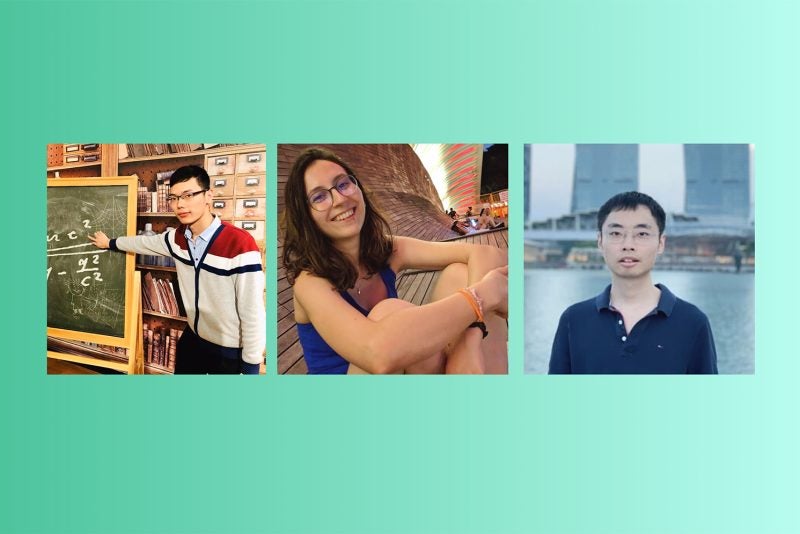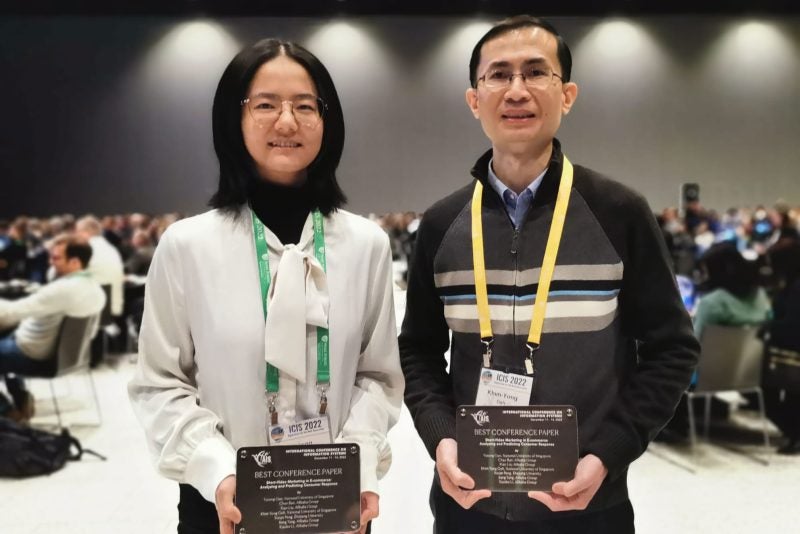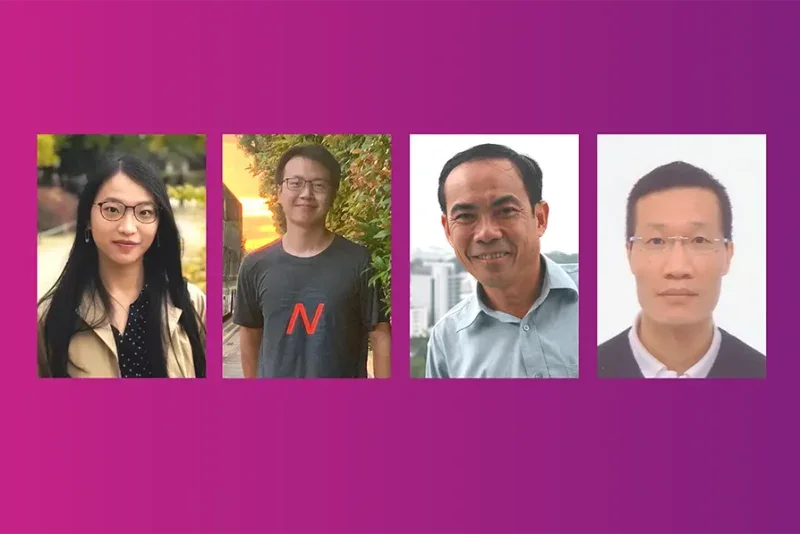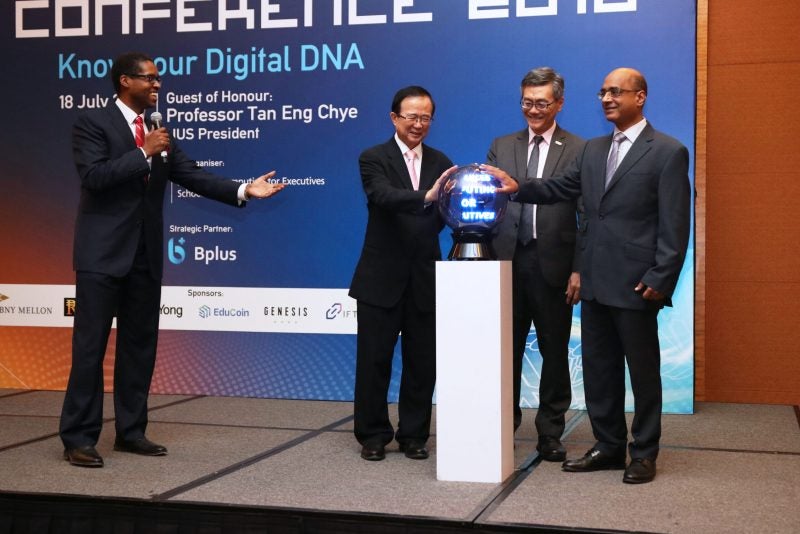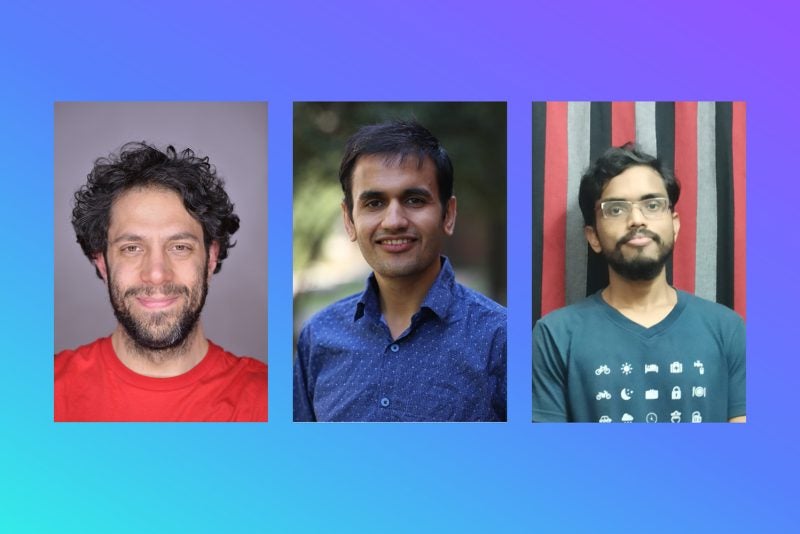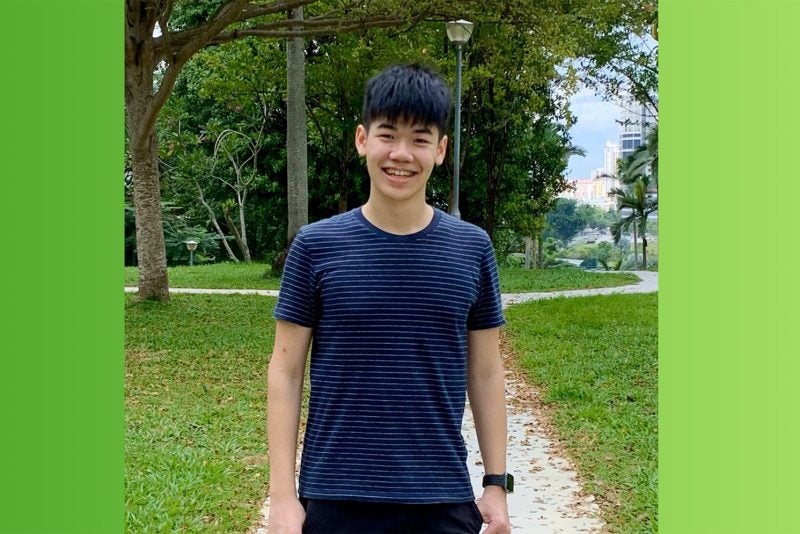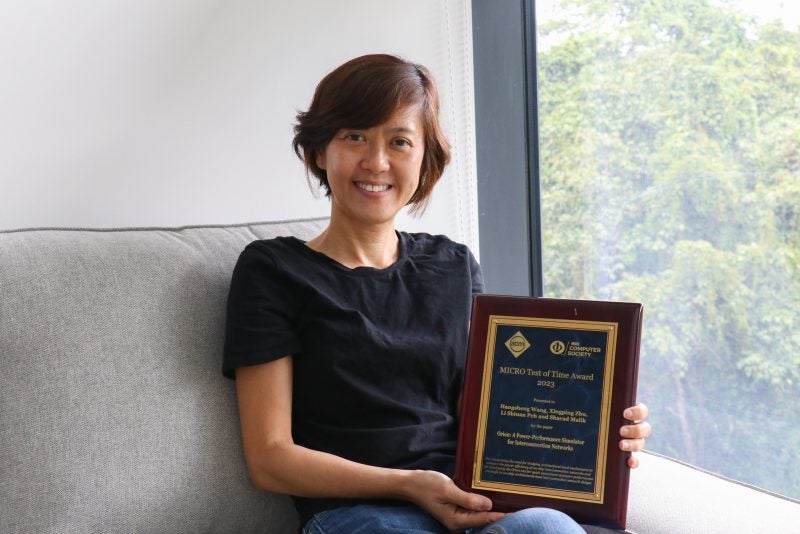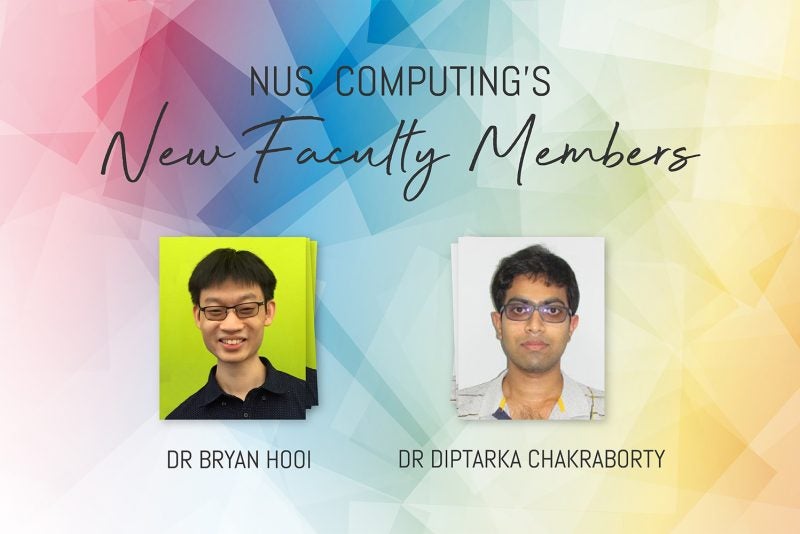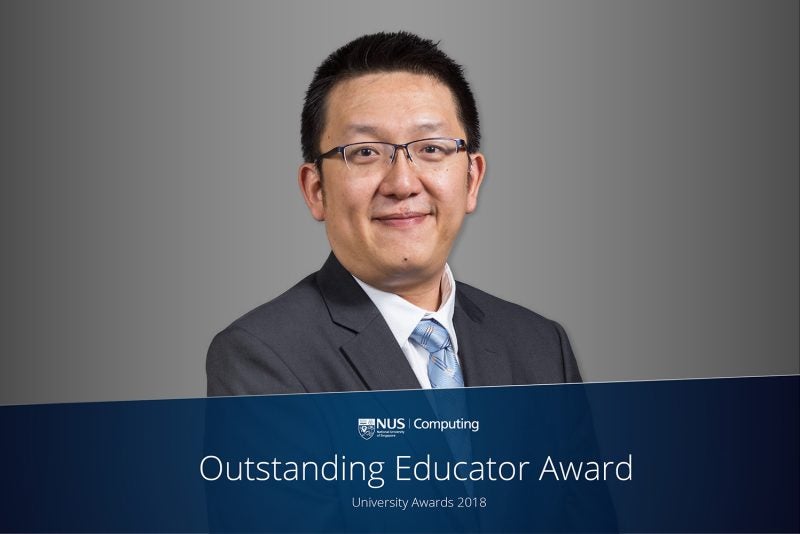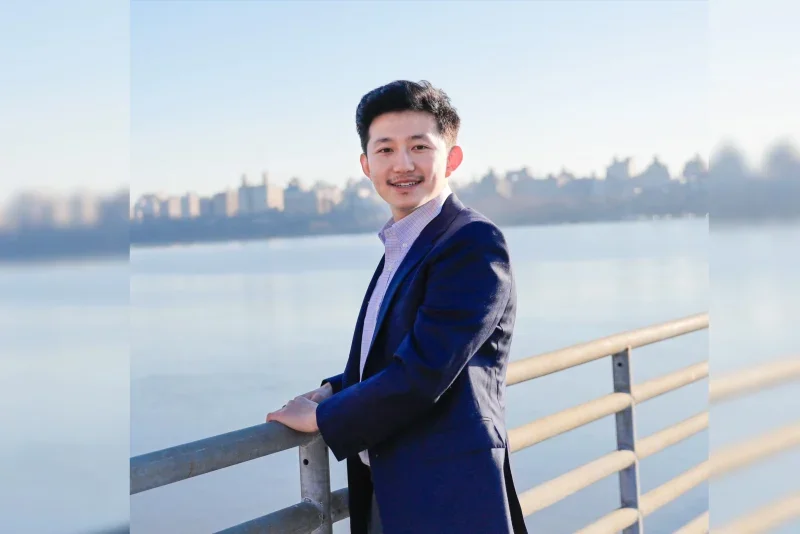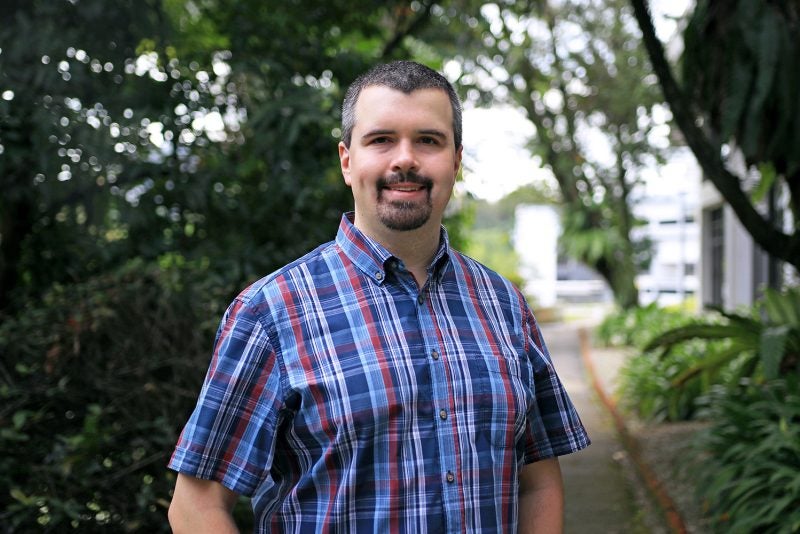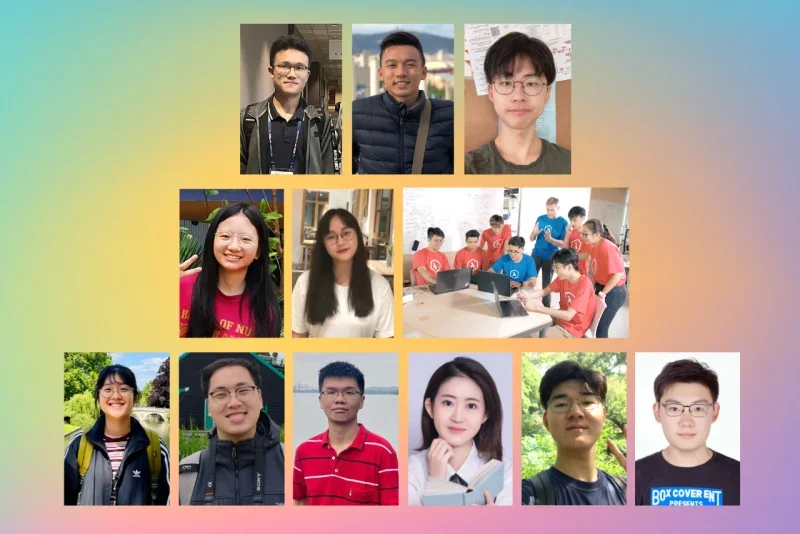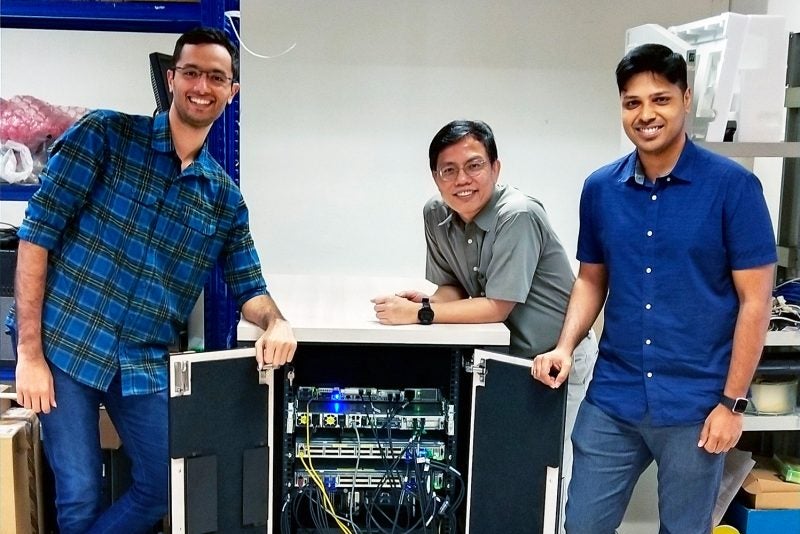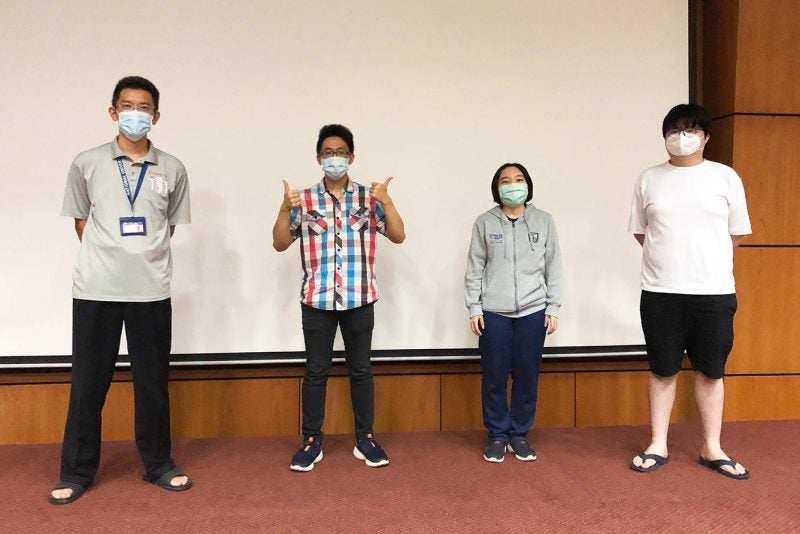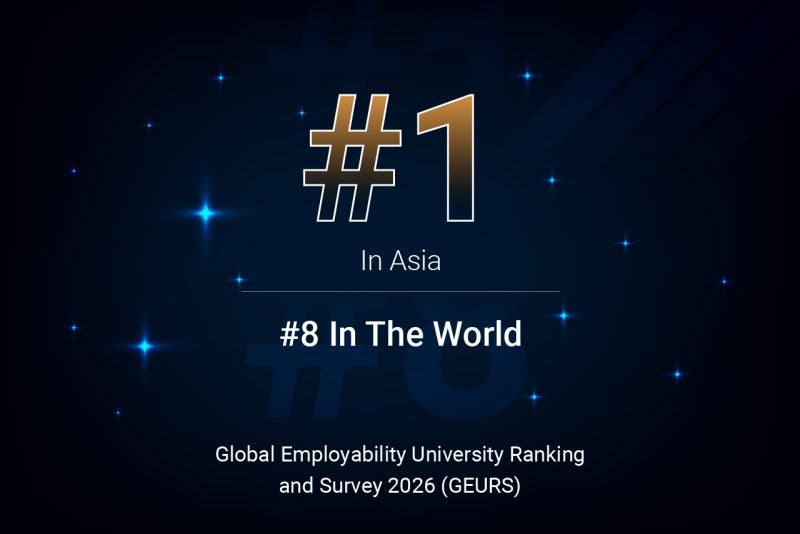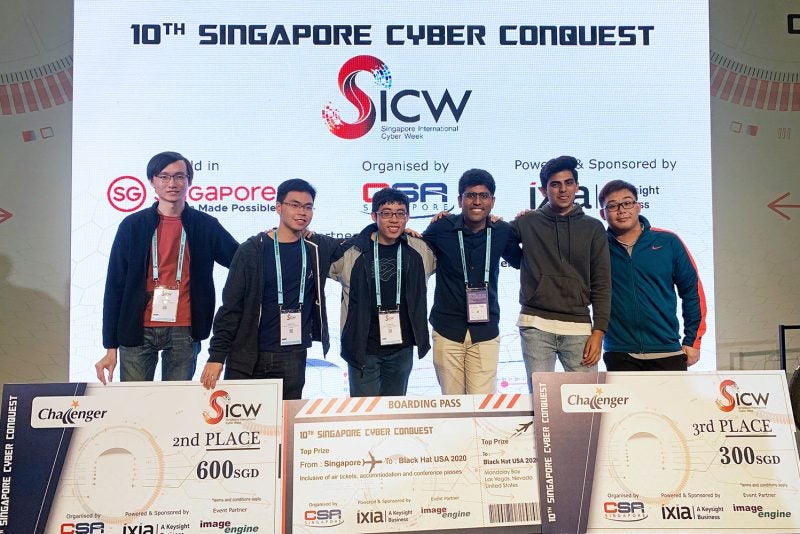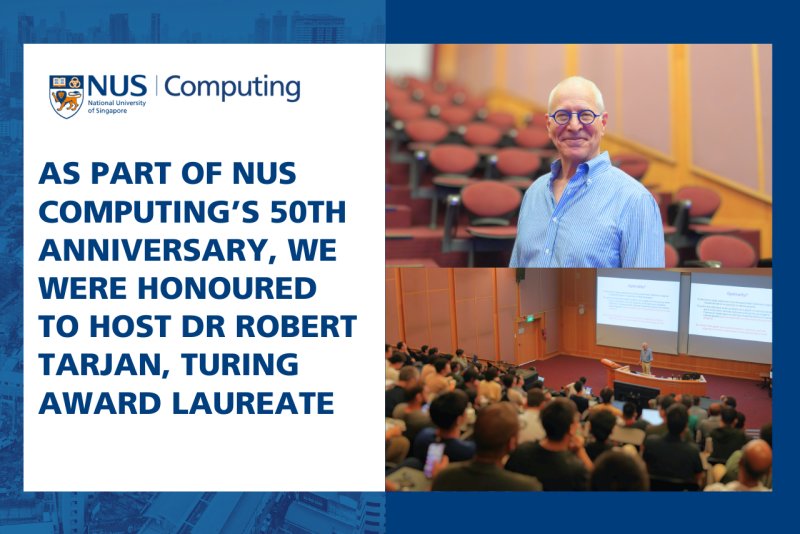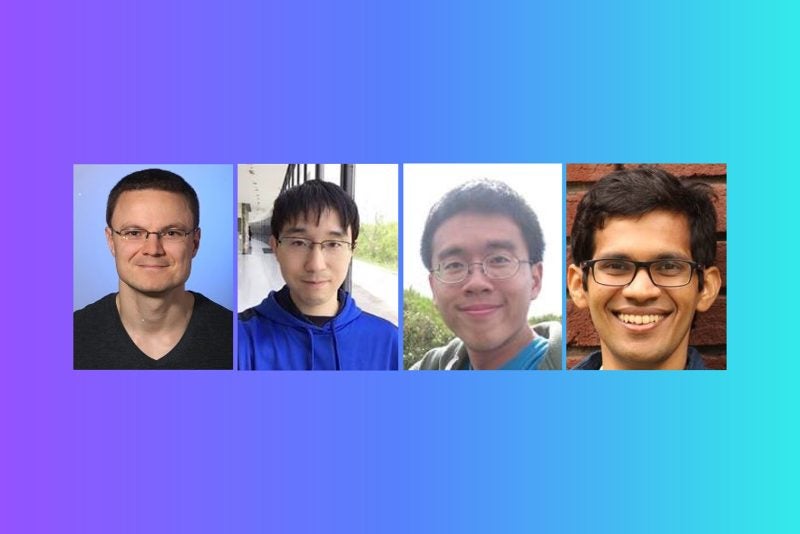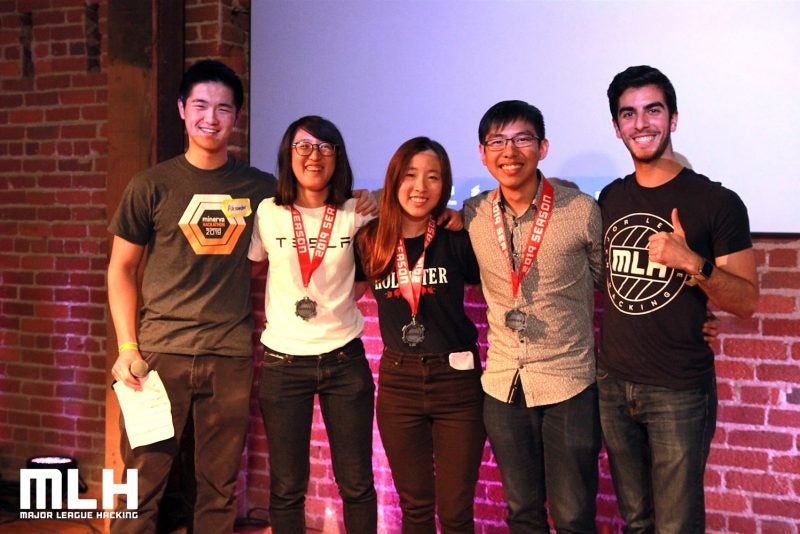29 June 2021 – NUS Computing successfully hosted the 33rd International Olympiad in Informatics (IOI 2021), which took place from 19 to 28 June.
IOI is one of the main International Science Olympiads held annually to encourage interest in the field of informatics. Each year, exceptional high school student participants from around the world are presented with a series of challenging programming questions designed to test their skills in computer science and informatics.
Both the IOI 2021 and IOI 2020 contests were held virtually due to the ongoing COVID-19 pandemic. Supported by Singapore’s Ministry of Education (MOE), this is the second time the prestigious programming competition was held online, and the second time it was hosted by Singapore and NUS Computing.
This year, 351 contestants from 88 teams around the world participated remotely, solving up to six programming problems in two five-hour contest ‘days’.
Points are awarded according to the difficulty of the problems solved, and each contestant competes individually to maximise their scores and increase their chances of winning a medal. Olympiad medallists are also often offered direct admissions or scholarships to universities.
This year, of the 351 participants, 30 participants won gold medals, 58 participants won silver medals, and 85 participants won bronze medals.
Representing Singapore, Ashley Aragorn Khoo, Shen Xing Yang and Tan Si Jie, all Year 5 students from NUS High School, each won gold medals, while Tan Yi Kai, a Year 6 student from Hwa Chong Institution won a silver medal, making this Singapore’s best performance in its 30-year history of participating in IOI (since 1992). The latest medal haul breaks the national record set in 2001, when team Singapore won two gold and two silver medals.
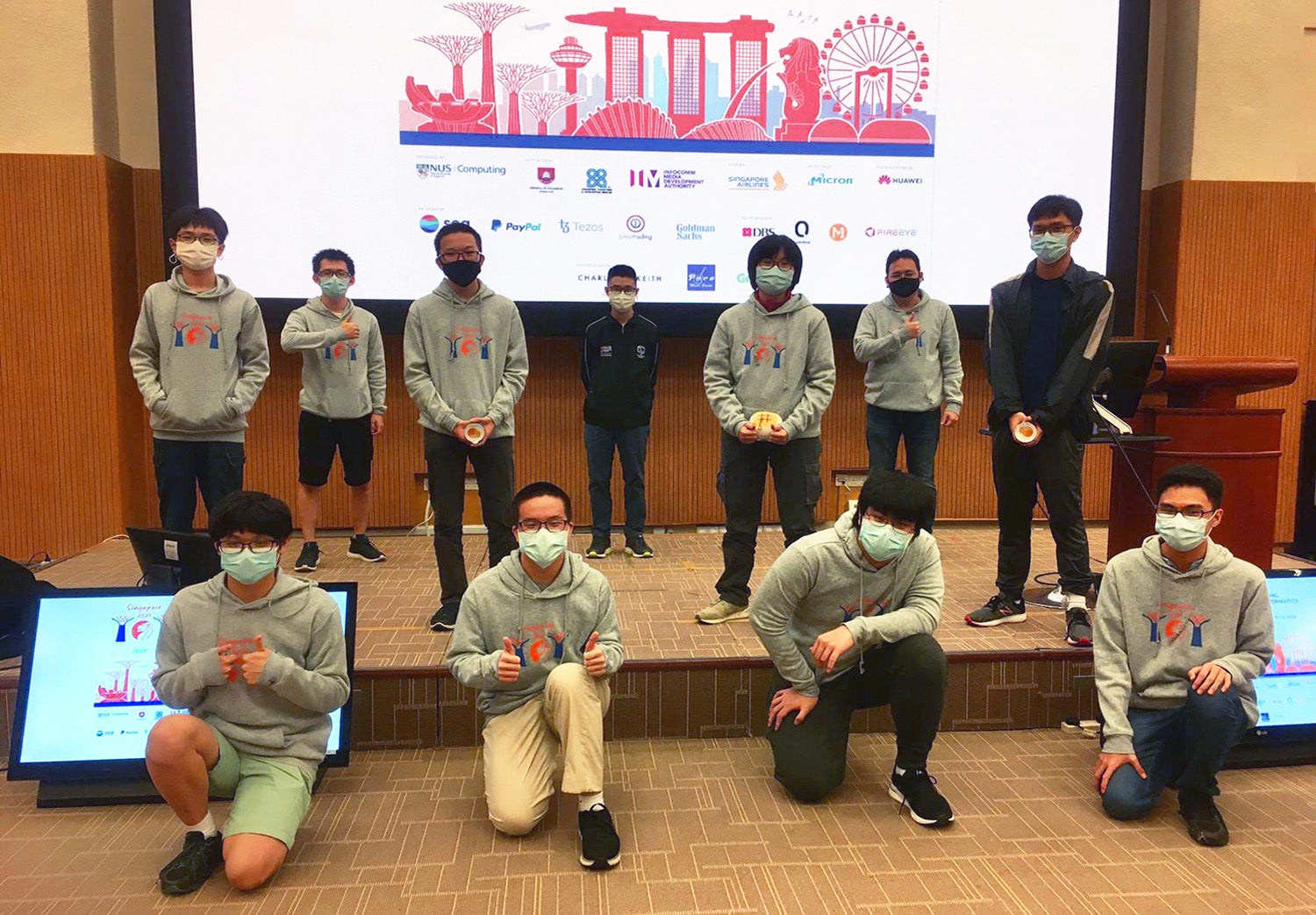
When asked how he prepared for the competition, Khoo, 17, one of the gold medallists, said: “After IOI 2020, I worked on my weaker topics such as math and creative problems and I felt more prepared to tackle such problems if they were to come out in IOI,”
Khoo said the tasks given this year were manageable.
“On both days of the competition, I was immediately able to solve one problem and that allowed me to spend the remaining 4.5 hours on the remaining two problems, which were harder. There were also no interactive or communication problems this year.”
Describing some of the tasks at the Olympiad, he said, “The creative task was a metaprogramming task in which you had to optimise the length of code for made up language to solve a simple task. Even though creative problems are not my strengths, I was still able to do decently on this creative problem as it was more standard than the usual creative tasks.”
Khoo attributed the Singapore team’s success to frequent practice contests and the inclusion of creative problems in the practices by the team’s Head Coach, Huang Xing Chen.
“I was definitely pleasantly surprised by Singapore’s performance, considering our track record in recent few years. However, during the practice contests, I could see that this team is very strong and had the potential to break records,” said Huang.
He believes a myriad of factors contributed to the team’s success, such as having frequent training contests that helped the students focus on simplifying and solving problems, as well as luck.
“I think the biggest factor is their dedication to bettering themselves. Even during the “off days” of training, I can see them constantly trying to upsolve (to solve a question after the solution is revealed) contest problems I’d just given them, and practicing other problems,” he added.
Team Leader for team Singapore, Suhendry Effendy, agreed.
“We have great and dedicated trainers who are also past IOI medallists. We also have great and enthusiastic students. The communication between the students is good, so they discuss and learn from each other much better,” he said.
Participating virtually also meant less time spent travelling, and more time for practices.
“On the bright side, the students and trainers do not have to commute for training so they can focus and spend more time on practising and learning, and they seem to like it this way. Perhaps we need to adopt this as the standard training strategy,” said Effendy.
On the team’s medal haul, he said, “We have three returning students in the main team, and their past experience certainly helps. We also have great and helpful support staff in IOI 2021, so the students had no trouble with technical issues during the contest.”
Added Huang, “We’re very proud of Singapore’s performance. These are some very talented individuals. It’s interesting to note that the three current gold medallists are Year 5 secondary school students (the equivalent of first-year junior college students), meaning they still have one more year to compete. Hopefully, we can see an equally good, if not better result next year!”
While the virtual Olympiad offered several conveniences, being held online meant a lack of opportunities for international participants to mingle.
“I feel sad missing the opportunity to meet other participants of the IOI who I have met online,” said Khoo.
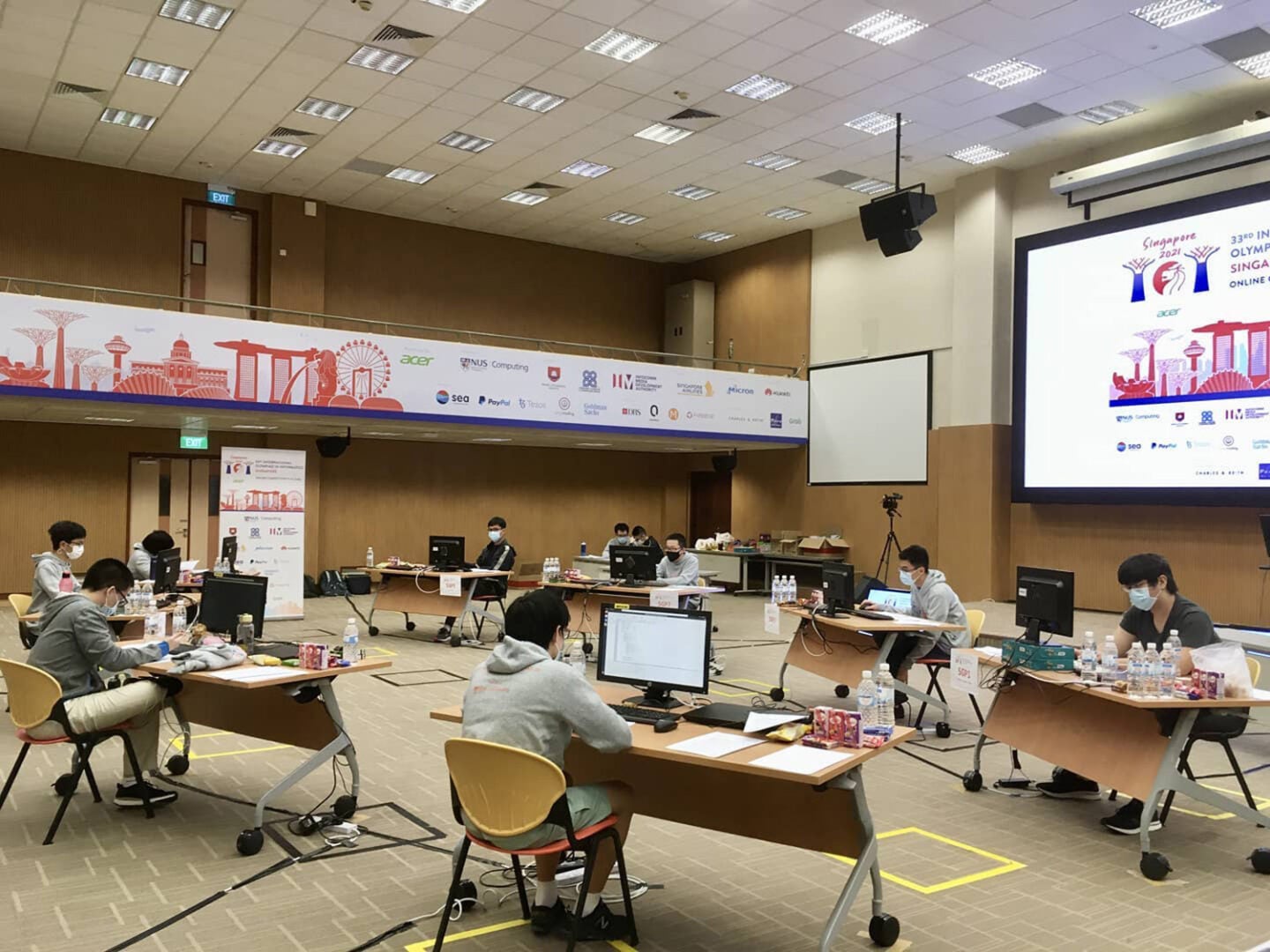
Participant Nyamdavaa Amar, 18, who is representing team Mongolia and has participated in the Olympiad four times, twice virtually, preferred the atmosphere of an onsite Olympiad.
“I’d still prefer to compete in a large hall surrounded by hundreds of students,” the Mongolian student said. “But in the online IOI, I wasn’t exhausted from long flights and I headed to my contest site directly from my home, so I suppose it improved my performance.”
Amar won a gold medal in IOI 2020 and a silver medal in IOI 2021, and was offered a scholarship to study at NUS Computing.
“We were definitely more prepared to compete, solving problems in the evening and changing our sleep schedule to be more active during the Olympiad. My country’s team members were close to getting another medal, and I hope they will be able to achieve at least two bronze medals next year,” he added. “I’d also like to thank all those who worked very hard to make these unique online Olympiads happen without issues.”
IOI 2021 Executive Director Associate Professor Tan Sun Teck said that after the successful hosting of IOI 2020, the IOI community had high expectations for IOI 2021.
As a result, more online activities such as virtual tours around Singapore and online challenges were organised for participants. The IOI 2021 conference was also held virtually on 21 June. A/P Tan also invited seven members from the IOI community to join the Olympiad onsite.
“We were sad that we lost the possibility to run an onsite IOI 2021 after holding out for one more year, because the pandemic is still ongoing,” said IOI 2021 Deputy Director, Dr Steven Halim. “But we were determined to run an even better online Olympiad, compared to IOI 2020.”
A/P Tan added: “With the experience gained from organising IOI 2020 as a virtual Olympiad, we were better prepared to host IOI 2021 virtually again. It is an honour and a privilege to host two online IOIs. We broke many records in the process, such as being the first country to host an online IOI, and the first country to host two IOIs in two consecutive years. Both IOIs had a record number of teams and contestants participating too.”
Dr Halim also thanked the members of the organising committees and participants for their hard work and effort in planning this year’s competition.
Singapore passes the baton to Indonesia for IOI 2022
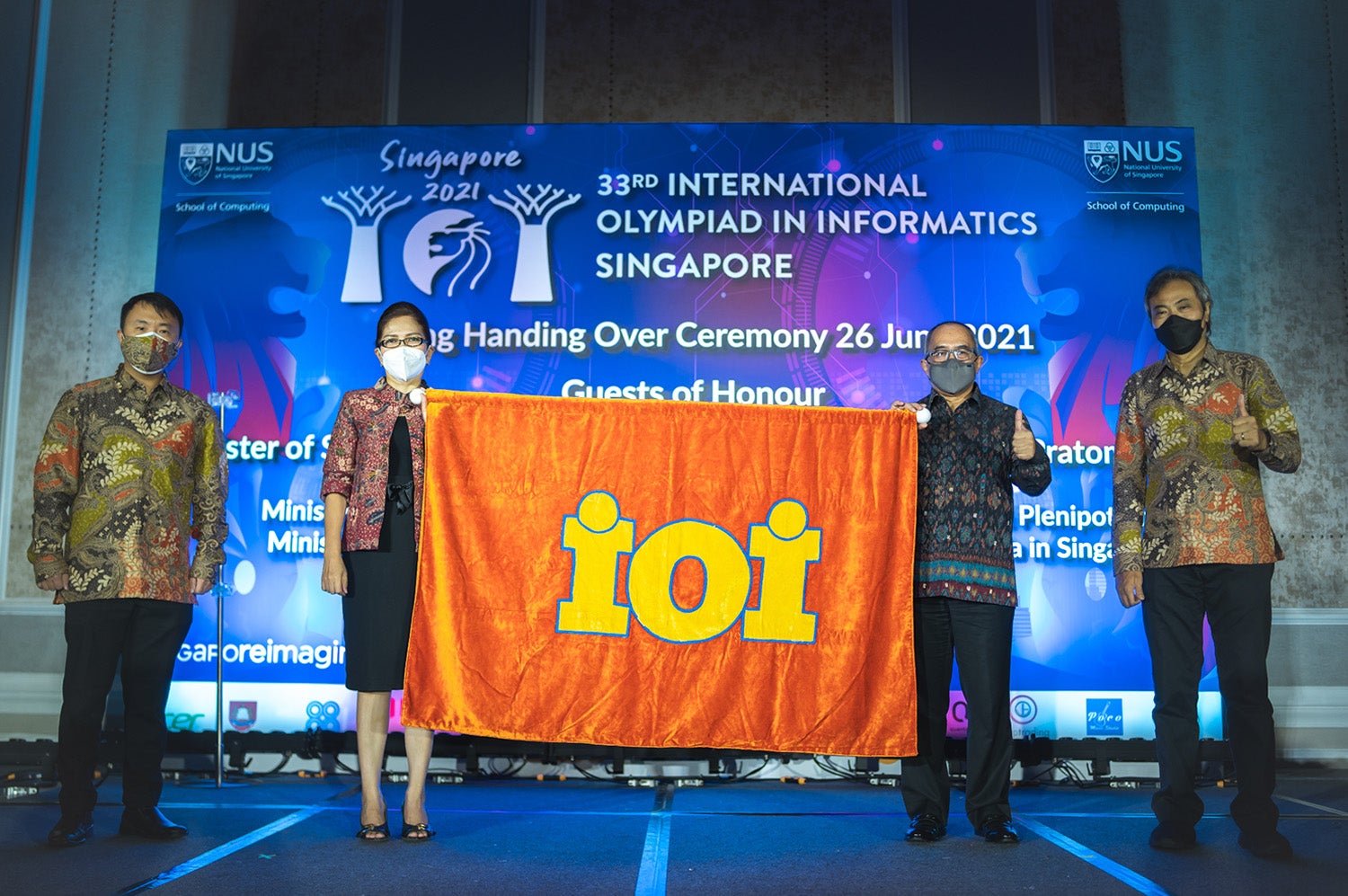
Next year, Indonesia will be the host nation for the 34th IOI. IOI 2022 will be held in the special region of Yogyakarta and the province of Central Java, in August 2022.
Ms Gan Siow Huang, Minister for State for Education and Manpower, and Professor Tan Eng Chye, NUS President, presented the IOI flag to His Excellency Suryo Pratomo, Ambassador of Indonesia to Singapore, at a ceremony at the Orchard Hotel on Saturday, 26 June.
“While COVID-19 has brought the importance of technology to the forefront, with technology, students from all over the world can learn from and interact with each other without leaving home. And that’s how we have conducted two IOIs online successfully,” said Minister Gan. “To the young computing talents who have participated in IOI, I encourage you to continue building upon your strengths, and put your skills to good use, to make a positive impact to our community.”
“For Indonesia, it is really an honour to have this opportunity to host next year’s IOI,” said His Excellency Suryo Pratomo. “But hopefully for Indonesia, the condition next year will get better, so that we can invite all high school students to come to Indonesia, to not only meet and to compete, but to network.”
He also added that IOI 2022 organising committee members have been observing and learning from the Singapore team during the hosting of IOI 2021, so as to organise it as well as their Singapore counterparts.
“I am confident that our Indonesian friends will do their utmost to hold a successful and exciting 34th IOI. I offer my sincerest wishes that they will be able to organise the next IOI under much improved global conditions,” said Professor Tan Eng Chye.

